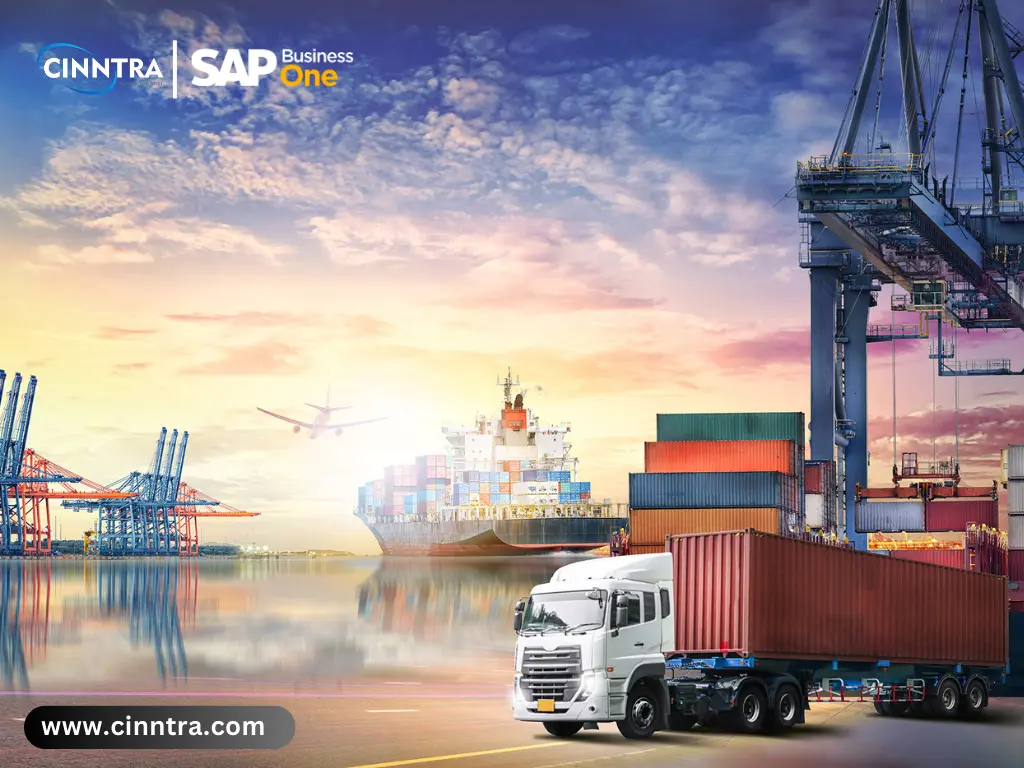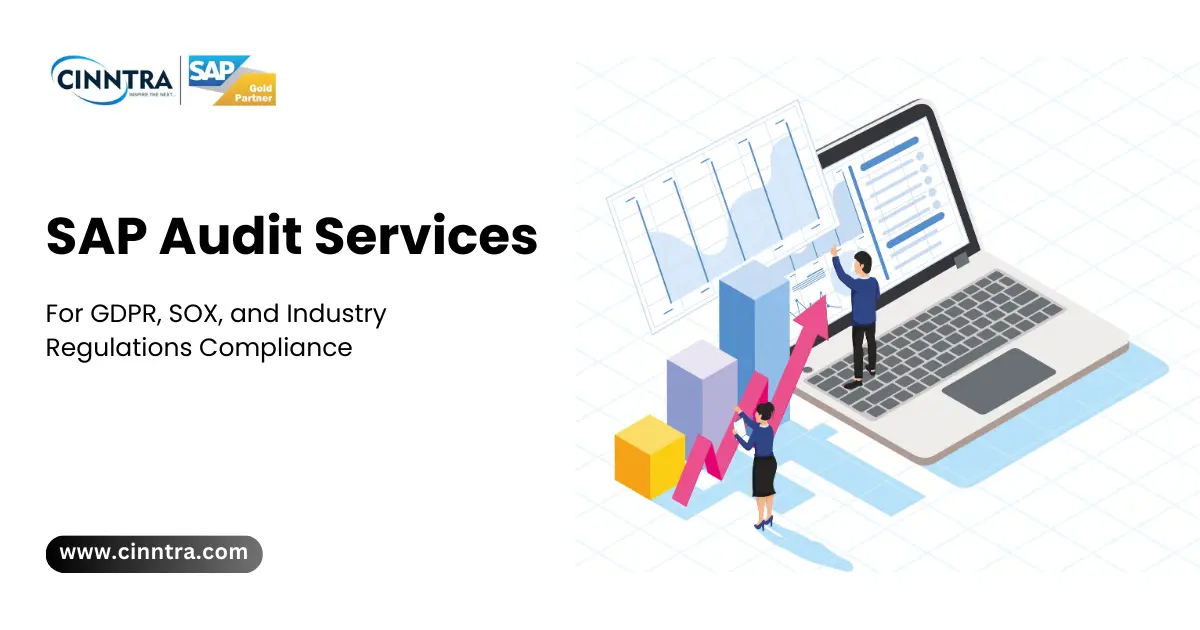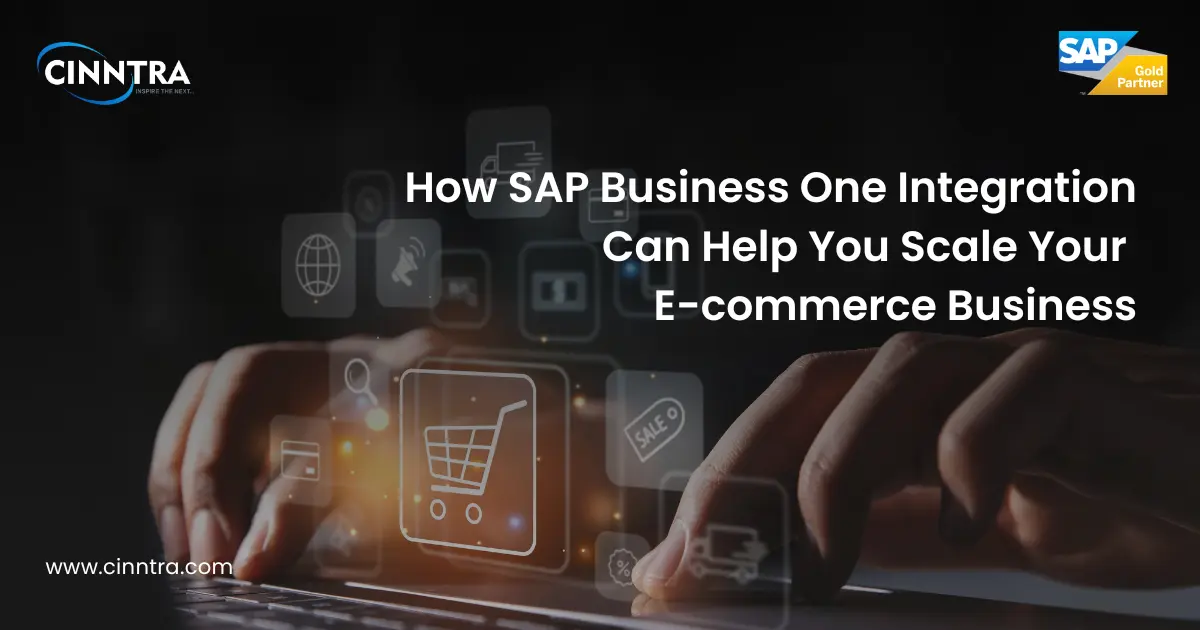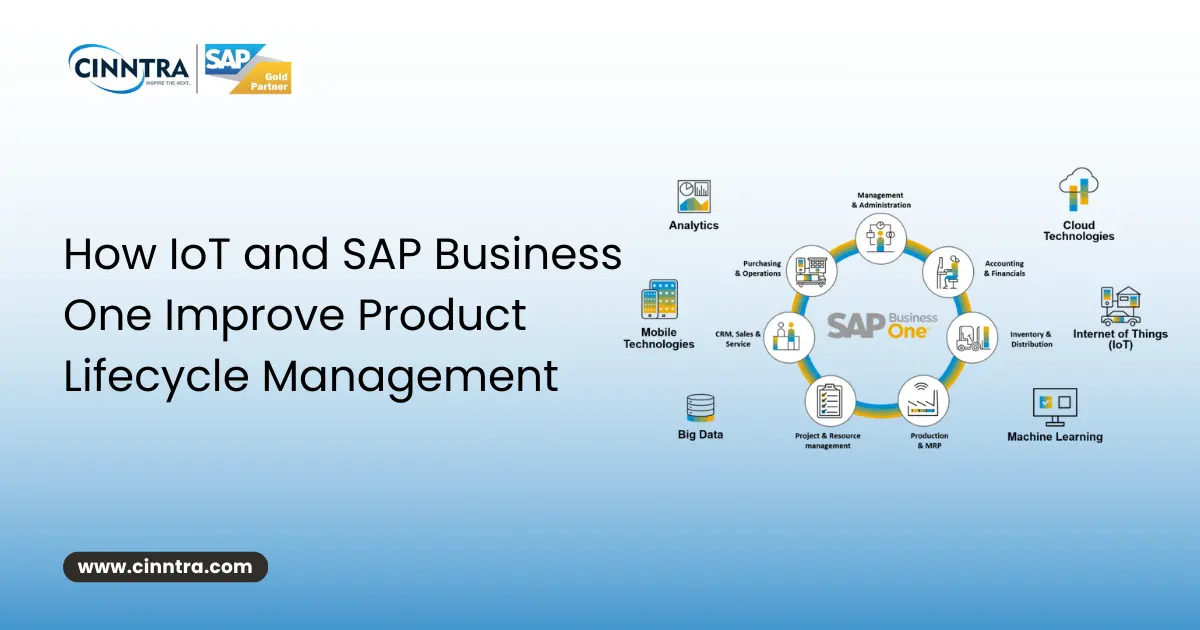The Impact of ERP Software on the Logistics Industry

Are you tired of the lack of integration, data redundancy & duplication backed by inefficient Resource Management?
Then, it is a great time to pick the right ERP software for your business. But let's explore the impact of ERP software on the logistics industry to know the necessary insights before purchasing.
The logistics market plays a vital role in the global economy with seamless demand and supply management. Handling real-time data, freight, supply chain, warehousing, transportation, and storage requires competency and capability.
To meet these challenges, ERP software designed for the logistics of SAP Business One proves to be a powerful tool for the logistics industry. It harnesses intelligent system capabilities to automate processes and manage frequent changes, cost fluctuations, and uncertainties.
Driving Success in the Logistics Industry: The Power of ERP Software
The availability of relevant information allows access to logistics effortlessly, promoting improved communication and collaboration between different departments.
Employees across various departments can access the same information tailored to their needs, which contributes to speeding up overall business performance.
This integration brings crucial business aspects on a unified dashboard, simplifying monitoring and enabling well-informed decision-making.
Therefore, it is advisable to get into the features of ERP software to ensure you get the best for your organization from the given deal.
1. Integrated Data Management
ERP software functions as a centralized hub for all logistics-related data, including inventory levels, orders, shipments, suppliers, and customer information. This single integrated system eliminates data silos and boosts data accuracy.
Logistics companies can access real-time information from different departments, enabling seamless communication and collaboration. Integrated data management enhances decision-making as managers gain a comprehensive view of the entire logistics process.
2. Supply Chain Visibility
ERP systems offer real-time tracking of goods and materials throughout the supply chain. Logistics professionals can monitor shipments, track their status, and anticipate potential delays or disruptions with access to live data.
This visibility allows proactive issue resolution, route adjustments, and timely customer updates. Streamlining operations, reducing stockouts or excess inventory, and improving overall supply-chain efficiency are achieved through enhanced supply-chain visibility.
3. Inventory Management
Efficient inventory management is critical in logistics to optimize stock levels, reduce carrying costs, and prevent stockouts. ERP software provides robust inventory management features, enabling logistics companies to track inventory levels, manage stock locations, and automate replenishment processes.
Predefined reorder points trigger purchase or production orders, maintaining optimal inventory levels. Improved operational efficiency and cost savings result from effective inventory management.
4. Order Processing Automation
Swift and accurate order processing is vital for customer satisfaction in logistics. ERP software automates order processing from receipt to fulfillment, minimizing errors and reducing processing time.
This automation ensures quick and efficient order fulfillment leading to enhanced customer service and loyalty.
5. Warehouse Management
ERP systems optimize warehouse operations with features like improved space utilization, streamlined picking, and packing processes, and enhanced inventory accuracy. Warehouse staff can follow efficient pick paths, reducing fulfillment time and costs.
Accurate and efficient warehouse management leads to faster order processing, reduced handling costs, and improved warehouse productivity.
6. Transportation Management
Transportation management involves managing routes, carriers, and freight costs. ERP software optimizes transportation activities by providing pathways for route planning, load scheduling, and freight cost optimization.
Analyzing transportation options and costs helps make informed decisions to minimize expenses while ensuring timely deliveries, resulting in cost savings and improved customer satisfaction.
7. Customer Relationship Management (CRM)
Integrating CRM with ERP enables effective customer interaction management. CRM features to track customer preferences, history, and inquiries, facilitating personalized and responsive service.
Understanding customer needs allows logistics companies to address concerns promptly, improve communication, and build stronger customer relationships.
8. Financial Management
ERP systems offer robust financial management features, including invoicing, billing, accounts receivable and payable management, and financial reporting.
Automating financial processes ensures accuracy and efficiency, streamlining financial management and facilitating better decision-making.
9. Business Analytics and Reporting
ERP software generates comprehensive reports and provides analytical tools to gain insights into logistics operations. Real-time analytics identifies trends, inefficiencies, and performance against key performance indicators (KPIs).
Data-driven decisions lead to process optimization, cost reduction, and continuous improvement in logistics.
10. Mobile and Remote Access
Modern ERP solutions offer mobile applications or remote access, empowering logistics professionals to access critical information and perform tasks on the go.
Increased responsiveness and mobility lead to quicker decision-making and enhanced productivity for employees on the warehouse floor, in transit, or at customer sites.
Get an Affordable ERP Estimate Today!
Are you concerned about whether the ERP solution partner can handle complex implementations, like functional gaps, multiple subsidiaries, and currencies?
No need to worry! Connect with Cinntra, the most trusted SAP business one Implementation Partner.
Not only do we excel in enhancing user adoption and providing top-notch ongoing support and development, but our team also stays updated on the latest ERP features and best practices.
The implementation of resilient ERP software for the logistics industry, cloud-based such as SAP B1 empowers you to achieve a competitive edge, maximize return on investment, and enhance profitability.
In the highly competitive landscape, any delays or errors are unacceptable, potentially resulting in falling behind competitors. Integrating your system with a robust ERP is imperative to stay ahead and maintain a streamlined and efficient operation.
ERP software features revolutionize logistics operations that adapt to dynamic market conditions successfully.






0 Comments